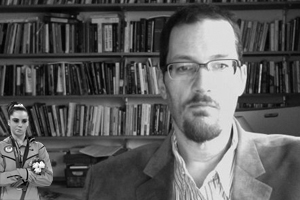So, Jim put out this call for advice this week:
ICYMI: I’m giving a short #cwcon presentation on publishing as a grad student. What advice would you give grad students? Use #gradpub tag.
— Jim (@jamesjbrownjr) June 1, 2013
It’s been a while since I last posted here, and Jim’s tweet got me to thinking, so I figured I might write a few thoughts down. They’re not necessarily complete, because I do think that discipline and venue matter quite a bit, as does the student’s progress, work habits, and readiness. While it might be nice if there were a simple 10-point listicle that provided us all we ever needed to know about publishing, the fact of the matter is that it’d be pretty horoscopic. I’m not sure my advice will be any better, but it’s generally worked for me.
There are a few essays that I hand out to graduate students on a semi-regular basis, pieces that I’ve found really useful to have and to revisit every so often for my own writing. In honor of the listicle, I present to you my Top 5 Must-Read Essays for the Aspiring Scholarly Writer:
* C. Wright Mills, “On Intellectual Craftsmanship” (PDF) — It’s dated, and it’s from the social sciences, but it’s worth every graduate student’s time to read and adapt Mills’ advice:
…By keeping an adequate file and thus developing self-reflective habits, you learn how to keep your inner world awake. Whenever you feel strongly about events
